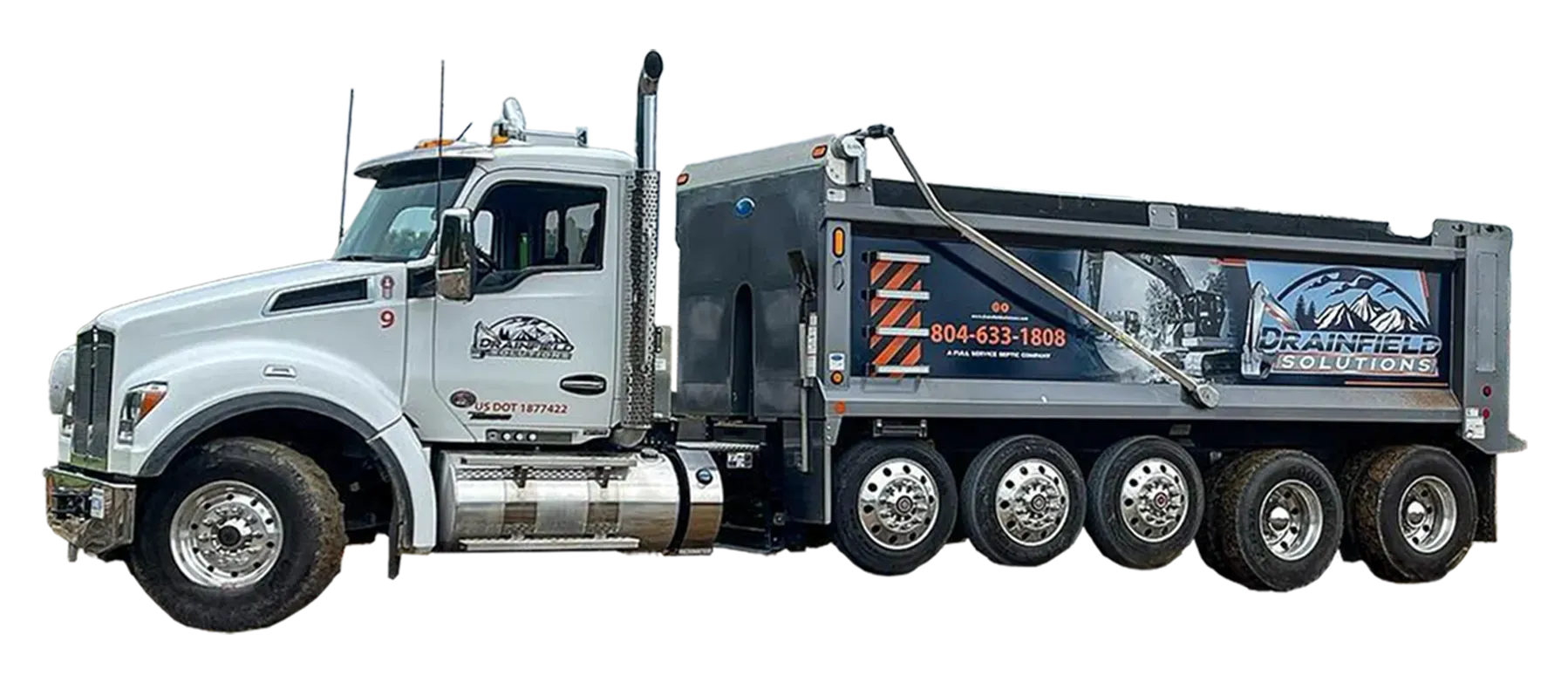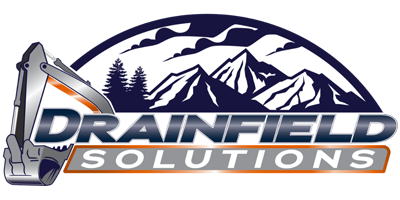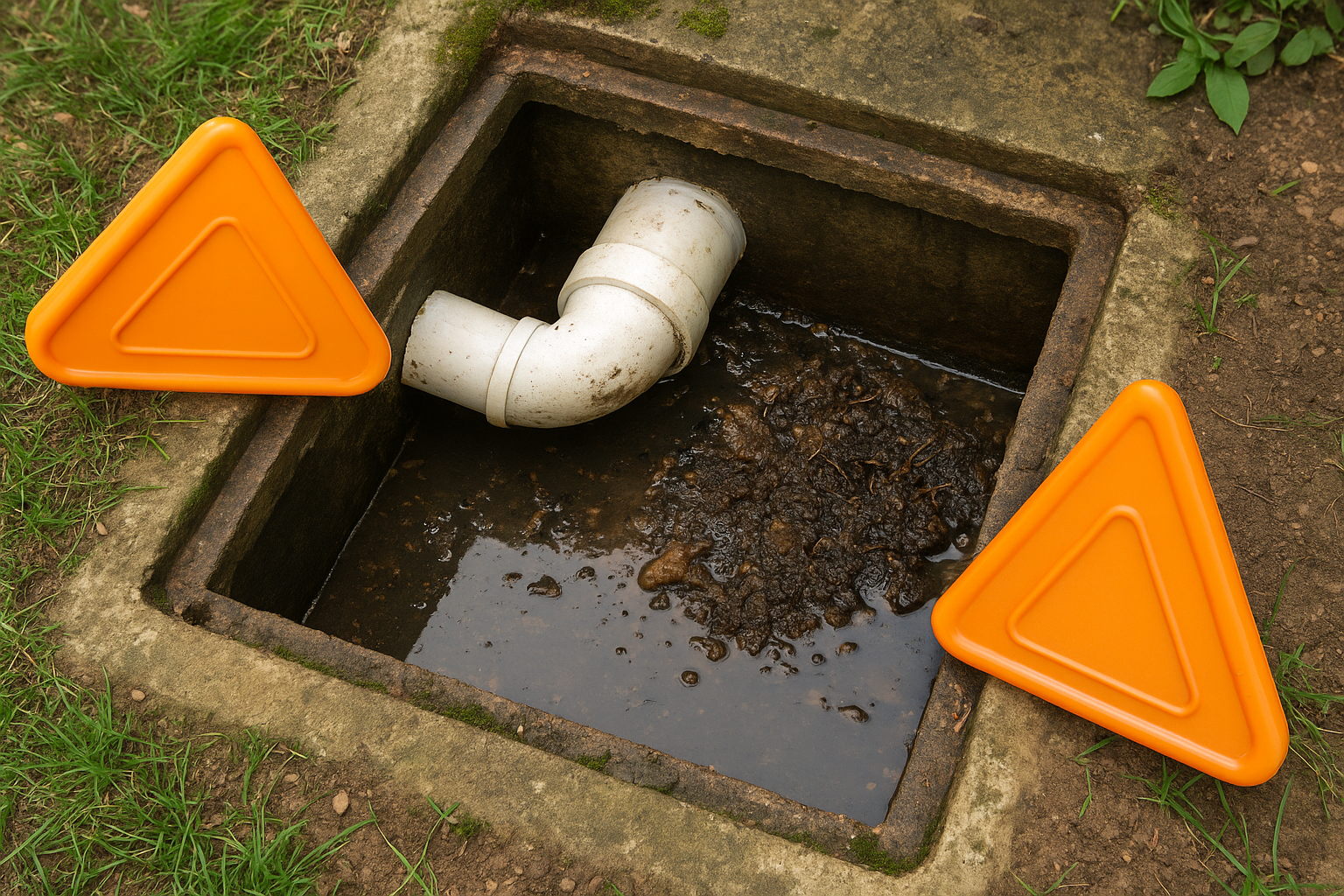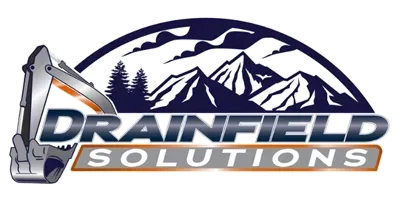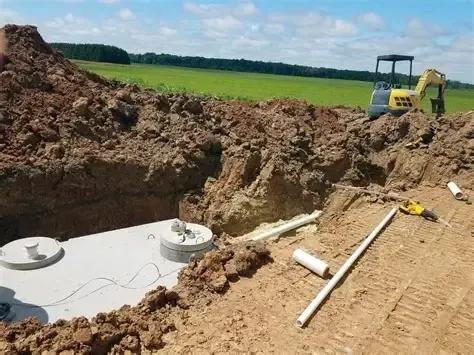
The Difference Between Maintaining Residential and Commercial Septic Systems in Central Virginia
November 21, 2025
If you’re a homeowner or a business owner in Central Virginia, managing your septic system is crucial for keeping your property safe, clean, and environmentally compliant. But did you know that maintaining residential septic systems is quite different from servicing commercial septic systems?
While both types of systems share the same essential purpose—treating and disposing of wastewater—their size, usage patterns, maintenance needs, and regulatory requirements differ significantly. At Drainfield Solutions, we specialize in both residential septic maintenance and commercial septic system services, ensuring our clients receive reliable, professional care tailored to their unique needs.
In this article, we’ll explore the key differences between a residential and commercial septic system, why tailored maintenance matters, and how property owners in Central Virginia—including Fredericksburg, Stafford, Richmond, King George County, Spotsylvania County, and Louisa County—can stay on top of septic maintenance to avoid costly problems.
Understanding a Residential vs. Commercial Septic System
Residential septic systems are designed to handle the wastewater generated by a single-family home or a small multi-family dwelling. They typically consist of a septic tank, distribution box, and drainfield (also called a leach field).
In contrast, a commercial septic system serves businesses, schools, apartment complexes, restaurants, medical facilities, and other high-usage buildings. These systems are much larger and more complex, often incorporating septic lift stations, grease traps, and multiple septic tanks to manage increased wastewater flow and a wider range of waste materials.
Because a commercial septic system must accommodate higher volumes of water and waste, they require more frequent septic inspection, septic pump-out, and proactive septic maintenance. Regulatory compliance is also stricter, with oversight from state and local health departments.
Key Differences in Septic Maintenance Needs
1. Frequency of Septic Tank Pumping
Residential septic tanks typically need septic tank pumping every 3–5 years, depending on household size and water usage. However, a commercial septic system may require emergency septic tank pumping or routine septic tank pumping every few months due to continuous, high-volume use.
Restaurants, for example, produce wastewater rich in fats, oils, and grease (FOG), which can quickly clog a system if not regularly serviced. In these cases, commercial septic repair and maintenance are not just routine—they’re essential to daily operations.
According to theEPA, proper septic tank pumping schedules are essential for preventing septic system failure and protecting local water quality.
2. Types of Waste and Load Capacity
The wastewater from residential homes usually contains human waste, soap, and kitchen byproducts in relatively predictable quantities.
Commercial systems, however, must manage:
- FOG (fats, oils, and grease) from kitchens
- Medical waste from clinics
- Harsh cleaning agents from industrial facilities
- Larger amounts of solid waste
This increased and variable load means a commercial septic system needs heavy-duty components and more vigilant septic tank cleaning practices.
3. Monitoring Equipment: Septic Alarm and Red Septic Light
A commercial septic system is often outfitted with a septic alarm andred septic lightto alert property managers to issues like rising tank levels or pump failures. These early warning systems are critical in commercial contexts where a system backup could shut down operations.
While some modern residential septic systems also include septic tank risers and septic alarms, they’re more common in a commercial septic system and may be tied into building management systems for 24/7 monitoring.
4. Septic Inspection and Compliance Requirements in Virginia
Virginia’s Department of Health and local counties require that all septic systems comply with specific design and operational standards. For commercial properties, the stakes are higher, with strict record-keeping, annual septic inspections, and sometimes engineering reviews.
For residential homeowners, a septic inspection is typically recommended:
- Every 1–3 years
- During real estate transactions
- If signs of septic system failure are present (e.g., slow drains, soggy yard)
Commercial systems may need quarterly septic inspections, water usage reports, and evidence of commercial septic repair if deficiencies are found. Non-compliance can lead to fines, shutdowns, or environmental liability.
5. Cost of Septic Maintenance and Septic Repairs
Commercial septic system maintenance tends to be more costly due to the scale and complexity of the septic system. Larger septic tanks, advanced septic pumps, industrial grease traps, and higher septic service frequency all add to the expense.
However, delaying service can result in even costlier emergency septic tank pumping, commercial septic repair, environmental damage, or business downtime—making proactive septic maintenance a smart investment.
6. Durability and Lifespan of a Septic System
A well-maintained residential septic system can last 20 to 40 years, depending on the septic tank material, type of drainfield, soil conditions, and usage habits.
A commercial septic system, because of its intense daily workload, may require septic system drainfield replacements or component upgrades sooner. The lifespan of a commercial septic system also depends on how well it’s maintained, which is why scheduling regular commercial septic system inspections is crucial for longevity.
The National Onsite Wastewater Recycling Association (NOWRA)emphasizes the importance of proper design and routine septic maintenance for maximizing the lifespan of a septic system.
Why Central Virginia Businesses and Homeowners Trust Drainfield Solutions
Whether you’re managing a busy restaurant in Fredericksburg, a rural home in Louisa County, or a commercial property in Richmond, the key to septic system success is professional, timely septic maintenance from a trusted local provider.
At Drainfield Solutions, we offer:
- Commercial
septic repair,
septic maintenance, and
septic system installation
- Emergency and routine
septic tank pumping
- Residential
septic repair,
septic maintenance, and
septic system installation
- Advanced diagnostics, including
septic alarm troubleshooting
- Upgrades like
septic tank risers for easy access and
septic inspection
Our team is deeply familiar with the unique needs of both residential and commercial septic systems across Central Virginia, including Stafford County, King George County, Spotsylvania County, and more. We’re licensed, insured, and committed to helping you avoid septic emergencies before they start.
How to Tell If Your Septic System Needs Immediate Attention
Regardless of whether you manage a home or a business, keep an eye out for these warning signs:
- Gurgling sounds in drains
- Sewage odors near the septic tank or drainfield
- Water pooling in the yard
- A
septic red light or septic alarm going off
- Slow drainage throughout the property
These are clear indicators that your system may require septic tank cleaning, a septic pump out, or emergency septic repair.
If you’re ever in doubt, our team at Drainfield Solutions offers 24-hour emergency septic service for septic emergencies throughout Central Virginia.
Tailored Care Is Key
Maintaining a septic system is not one-size-fits-all. Residential septic maintenance focuses on longevity and household convenience, while commercial septic system care demands strict compliance, high-performance equipment, and frequent service.
Understanding the differences helps property owners make informed decisions—and avoid costly setbacks. At Drainfield Solutions, we’re proud to bring 20+ years of experience to homes and businesses across Central Virginia, helping protect your septic system investment and the environment.
About Drainfield Solutions in Central Virginia
Drainfield Solutions is a family-owned and operated septic company serving Central Virginiawith more than 20 years of experience in septic repair, drainfield installation, commercial septic system service, and residential septic maintenance. We take pride in offering environmentally friendly septic solutions that are efficient and affordable and protect your property and the environment.
From emergency septic pumping to routine septic inspections, we handle every project with professionalism, honesty, and care. We service septic systems in Caroline County, Fredericksburg, Richmond, Stafford, Spotsylvania County, King George County, and Louisa County, along with many other communities across Central Virginia.
Drainfield Solutions.
Your Septic.
Our Priority.
Always Reliable.
Always Professional.
📞 Call Us Today: (804) 894-2817
🌐 Visit Our Website: www.drainfieldsolutions.com
Share Post
Latest Posts
Ready to Take the Next Step?
Whether you're in need of a system inspection or regular maintenance, Drainfield Solutions is here to help. Get in touch today for reliable service you can trust.
